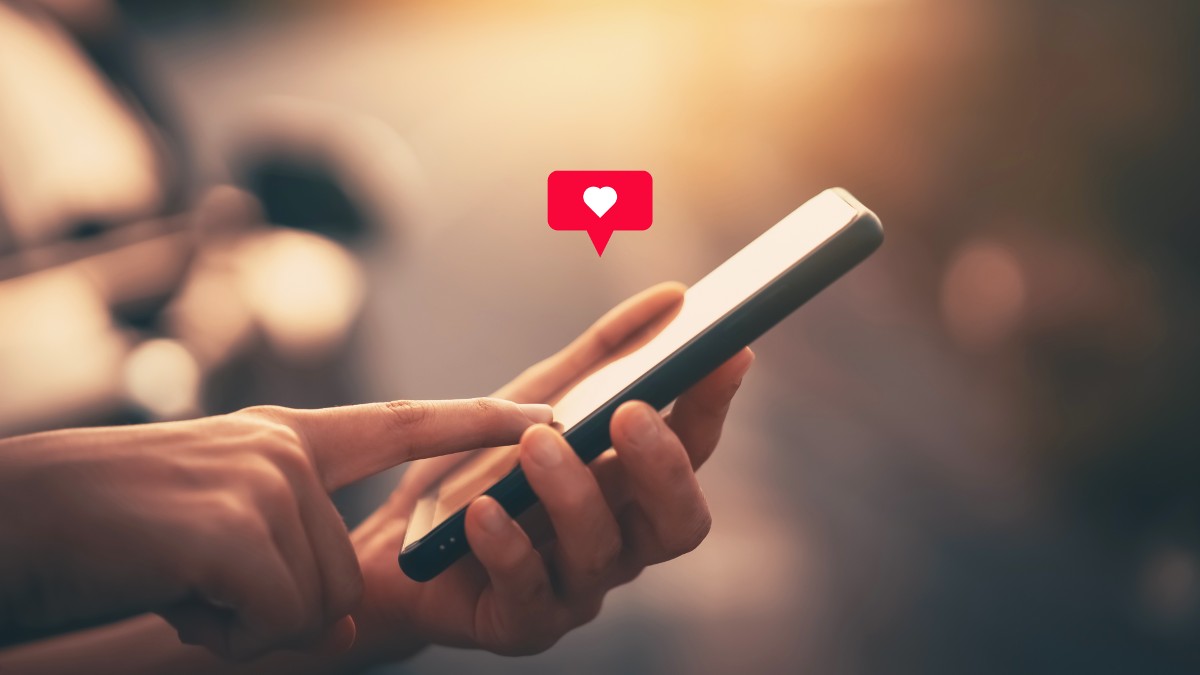Match Group Hit With Lawsuit for Allegedly Designing Addictive Dating Apps

Match Group, the parent company of popular dating apps such as Tinder, Match.com, Hinge, and Plenty of Fish, is facing a lawsuit over its apps’ allegedly addictive format.
Dating apps have become a mainstay in the dating world since the rise of the digital age. Using algorithms, users can find their perfect match or can simply swipe to their heart’s content through a wide array of potential suitors. These apps make it possible to secure dates and meet new people from around the globe without ever leaving the comfort of one’s home. However, dating apps have also created many new problems. Just take a look at all the documentaries, from The Tinder Swindler to Lover, Stalker, Killer, centered on dating app experiences gone horribly wrong.
The best case scenario with these apps is that one finds true love after connecting via the internet. However, the worst-case scenario is you match with a serial killer, which has actually happened to some users. Despite the many unfortunate and even horrific stories that have arisen from dating apps, most are careful to protect themselves and ensure they can’t be held liable for any harm that comes from a third-party user. Dating apps are pretty good at dodging lawsuits but not immune.
Match Group sued for addictive platforms and misleading advertising
Match Group was hit by a federal lawsuit on Valentine’s Day 2024, filed by six plaintiffs who allege the parent company’s apps purposefully construct an addictive, gamified practice to manipulate users to spend money, putting its desire for profits above fulfilling its promises to help clients find love. The plaintiffs hail from California, New York, Georgia, and Florida. The suit claims Match Group has violated California’s Consumer Legal Remedies Act and False Advertising Law, New York’s General Business Law, Georgia’s Deceptive Trade Practice Law, and Florida’s Deceptive and Unfair Trade Practices Act. Additionally, the lawsuit lists the company’s designs and “failure to warn” as negligence.
According to the suit, Match Groups utilizes “powerful technologies and hidden algorithms” to intentionally create “Platforms with addictive, game-like design features, which lock users into a perpetual pay-to-play loop that prioritizes corporate profits over its marketing promises and customers’ relationship goals.” It alleges that the apps violate consumer protection laws by failing to disclose the addictive premise and also utilize false advertising, such as Hinge’s slogan, “Designed to be Deleted,” when the real purpose is to “forever entrench users in the app” by goading them into purchasing “ever-more expensive subscriptions” and “other ‘special’ features.”
The suit is seeking class-action status and a trial by jury to determine if Match Group intentionally created addictive apps for profit and had a duty to disclose the dangers of potential addiction to users. Match Group has denied the allegations, stating:
Our business model is not based on advertising or engagement metrics. We actively strive to get people on dates every day and off our apps. Anyone who states anything else doesn’t understand the purpose and mission of our entire industry.
Do the plaintiffs have a case against Match Group?
While it is free to use Match Group’s apps, many do have in-app purchases that are necessary to continue using them. For example, users have to buy “unlimited swipes” to keep scrolling through matches or may have to pay for a special feature, like sending roses to top matches. Additionally, there is some evidence the apps are meant to be addictive. In the documentary, Swiped: Hook Up in the Digital Age, Tinder co-founder Jonathan Badeen told journalist Nancy Jo Sales that the swiping feature was partially inspired by a B. F. Skinner experiment used to condition pigeons.
In the experiment, pigeons were given food randomly but became conditioned to believe that their pecking brought the food. So, they ceaselessly and fruitlessly continued pecking in hopes of getting food. Dating apps are actually just like this. Badeen admitted that users are “conditioned to endlessly swipe” because they believe it will get them results, though they may have simply imagined the connection between swiping and successful dating. When one considers dating apps from this perspective, they certainly do seem horrifying. Do these apps really see people looking for love as pigeons to be conditioned and manipulated?
However, psychologist and relationship coach Jo Hemmings viewed the lawsuit critically. He considered it “absurd,” suggesting it’s the user’s responsibility not to be misled or addicted by these apps. Hemmings makes a good point that attracting and maintaining users is necessary for all businesses. It could be said of a lot of apps and businesses that they’re addictive or are more focused on profits than fulfilling promises. Hence, this could be a very interesting lawsuit to decide who’s responsible for addiction when it comes to online apps: the company or the customer.
(featured image: Tonktiti / Getty)
Have a tip we should know? tips@themarysue.com